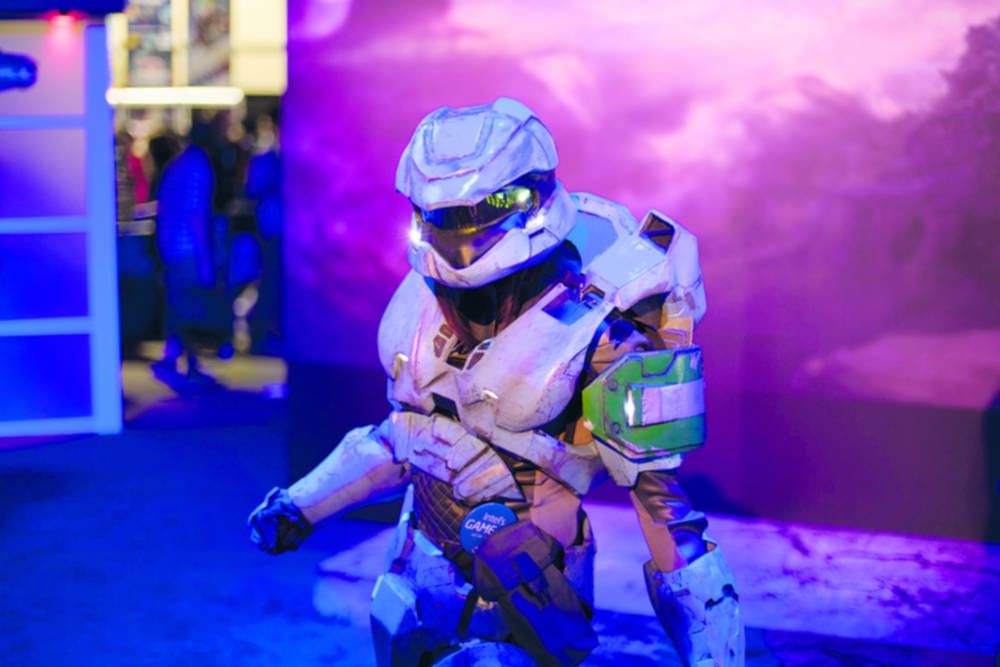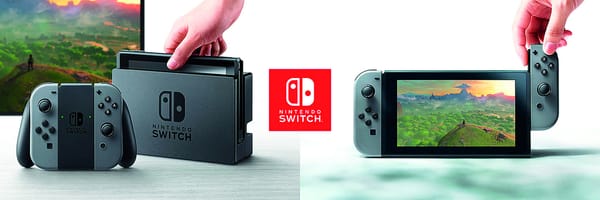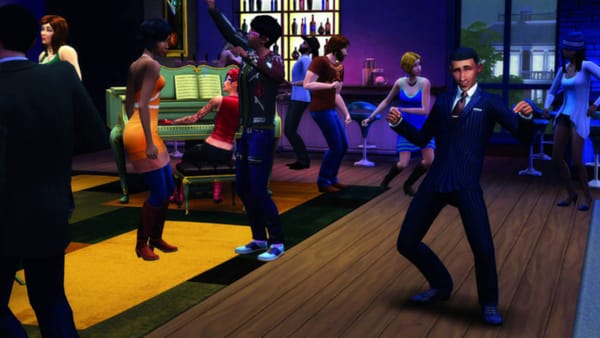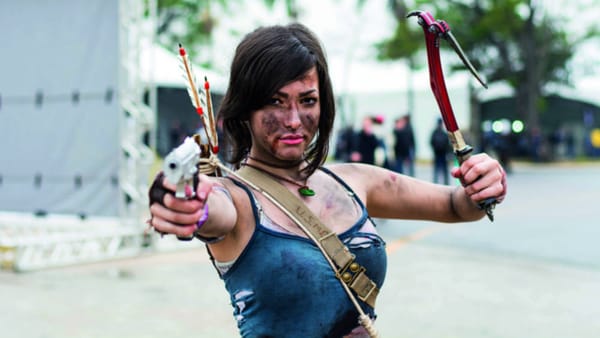Fallacies of masculinity in games
According to video games, masculinity means being a buff alpha male with a simple, strong but silent demeanor. Is this what masculinity is all about?

In the olden times, the world was in a very different place. Just look at old stories and folk-tales to get an idea; they always sprang out of the aspirations and concerns of the time. After centuries of storytelling, it can get pretty tricky to cut those bonds. Obviously, society has massively evolved and moved on from then, however video games are still struggling to catch up.
Everyone knows female representation isn’t exactly ideal in games, but the same is also true for men. Both physically and attitude-wise, we’re almost always given a one-dimensional portrait of men in video games. While there are plenty of games out there that feature mentally strong and psychologically deep male characters, the majority of video games substitute brains for brawn. Games are, first and foremost, a visual medium, and when you’ve got action-heavy adventures, you get impossibly bulky and beefy characters. Predominantly all male characters are depicted this way, as muscular and hulking. You could look at this as appealing to the gamer mindset, giving them an opportunity to be someone with great physical prowess that would take years of effort to obtain in real life. I, myself, don’t find these designs personally threatening, though it doesn’t mean that such representations aren’t downright silly and, potentially, prevent games from being treated seriously as an art form. Besides, men aren’t the only people who play video games, so it’s no good having this unrealistic masculinity portrayal as the standing norm.
Even more harmful than the appearance of these characters is their attitudes. A lot of characters have as much personality as those created by Stephenie Meyer. It sort of makes sense why characters are written this way; males have traditionally been portrayed as destructive (just look at history). However, it’s one thing to beautifully portray the glory of physical hardship, it’s quite another to use violence as a means of getting from one point to another.
There are female characters with violent tendencies, for sure. But it’s so much more common to see male characters with a ‘shoot first and ask questions later’ mentality. It’s understandable that this is catering to the somewhat aggressive nature that resides in everyone, but at the same time it’s doing a brilliant job of painting a very grim image of male nature and masculinity in general. I admit, these are games after all, and it’d be boring as heck if every conflict was resolved by talking it out. The issue is most games have very ‘13-year old’ thoughts of how men resolve conflict. Also, when violence has no context or reason, or is the only way to go forward, things become problematic.
Yet games are slowly becoming more and more story driven and with this births more complex characters who bring out different and more appealing sides of masculinity. For example, in the Mass Effect series, the character of Shepard brings a lot of depth to the quintessential leader role as he deals with the dichotomy of leadership: ruthlessness and nobility. Both sides deal with the burden and eventual aftermath of choice. This caters to a man’s instinct to take charge and lead, not necessarily like an alpha male, but more so as someone in an influential and superior position.
Another character who highlights a different side of masculinity in video games is Nathan Drake from the Uncharted series. This series reminds us that ‘boys’ know how to do one thing very well: have fun. Nathan Drake is vibrant, well dialogued, and a fun every-man, taking the adventure from one stage to the next. Adventurous characters like him remind us that it’s the journey, with trials and obstacles along the way, that matter. It’s man’s nature to journey outward and explore; while this isn’t much possible in modern society, films and video games help satiate this thirst for adventure. While some games may still have the aforementioned faux that tarnishes the image of masculinity, games like Uncharted play up the other features that can appeal to us. Games have still a long way to go, especially compared to other forms of media. While at the end of the day, games are just simple fun, it can be difficult to ignore the ways they misrepresent men and masculinity. It’s inevitable that games will grow with their audience, but until that time, it’s best to praise and enjoy the developers giving depth and complexity to male characters while ignoring the ones who can’t get their heads out of seventh grade.









